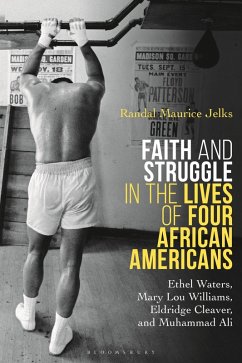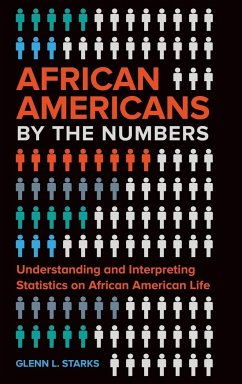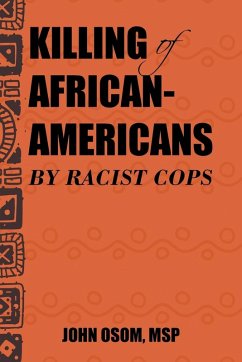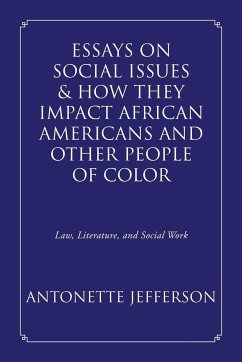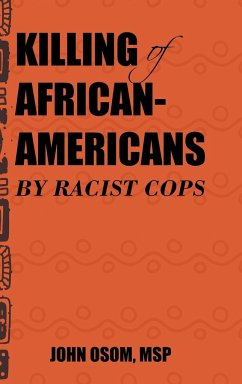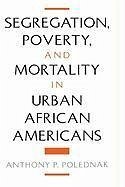
Segregation, Poverty, and Mortality in Urban African Americans
Versandkostenfrei!
Versandfertig in 1-2 Wochen
69,99 €
inkl. MwSt.

PAYBACK Punkte
35 °P sammeln!
The potential impact of segregation on the health of African Americans is an intriguing and controversial issue that relates to the fields of epidemiology and the social sciences. Epidemiologists have recently turned to the study of racism and health, but epidemiologic studies have not dealt specifically with white-black segregation and health. This book brings together the results of several studies examining mortality rates for African Americans in selected U.S. urban areas in relation to both social class and the degree of black-white residential segregation. Despite allowances for economic...
The potential impact of segregation on the health of African Americans is an intriguing and controversial issue that relates to the fields of epidemiology and the social sciences. Epidemiologists have recently turned to the study of racism and health, but epidemiologic studies have not dealt specifically with white-black segregation and health. This book brings together the results of several studies examining mortality rates for African Americans in selected U.S. urban areas in relation to both social class and the degree of black-white residential segregation. Despite allowances for economic disparity amongst the residents of the metropolitan areas studied, mortality rates for African-American infants and young adults - traditional indicators of the level of social progress - are shown to be especially high in certain highly segregated areas. Beside the book's primary audience - epidemiologists and public health practitioners - this volume should appeal to sociologists, especially medical sociologists, who are likely to be familiar with segregation but not with its potential relevance to the health of African Americans, as well as psychologists interested in racial discrimination. Social workers, urban studies experts, and social and health policy-makers will find much relevant material in this book as well.



